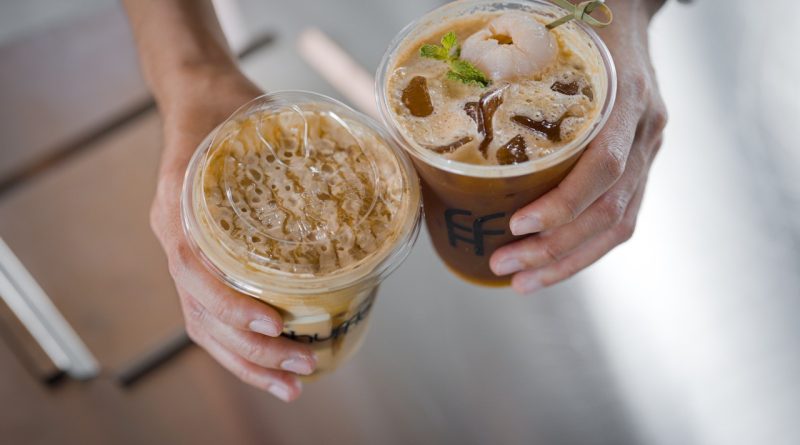The Cultural Symbolism Of Boba And Lollicup’s Role
Boba, also known as bubble tea, has transcended its origins in Taiwan to become a global phenomenon, symbolizing not just a beverage but a cultural movement. With its playful texture and vibrant flavors, boba serves as a bridge between cultures, inviting people from different backgrounds to partake in a shared experience. This unique drink has evolved into a cultural icon, representing youth, creativity, and social interaction. Among the various players in the boba industry, Lollicup stands out as a significant contributor, shaping how the beverage is perceived and enjoyed worldwide.
Exploring Boba as a Cultural Icon in Modern Society
Boba’s rise to fame can be attributed to its ability to merge culinary delight with cultural expression. For many, sipping on bubble tea is more than just enjoying a sweet drink; it’s a way to connect with friends and celebrate shared moments. The colorful appearance and customizable options—ranging from different teas to a variety of toppings—allow individuals to express their personalities and preferences. The drink has become a medium for self-expression, often seen in social media posts and gatherings, further solidifying its status as a cultural icon.
Moreover, boba has become a symbol of globalization, showcasing how food transcends borders and fosters community. As it gained popularity in countries around the world, the drink was adapted to local tastes, resulting in unique variations that reflect regional flavors while retaining its Taiwanese roots. This cross-cultural integration highlights the drink’s versatility and its role as a unifying force in a diverse world. The boba phenomenon encourages a sense of belonging, inviting everyone to partake in the joy it brings, regardless of their background.
In addition, boba’s popularity has sparked numerous conversations about cultural appropriation and appreciation. While many celebrate its rise as a fusion of cultures, others caution against commodifying a traditional drink. This dialogue reflects broader societal issues surrounding identity, heritage, and the commercialization of cultural symbols. As consumers, we are encouraged to engage thoughtfully with these discussions, ensuring that we appreciate boba not just as a trendy beverage but also as a representation of the rich cultural narratives it embodies.
Lollicup’s Influence on the Global Boba Experience
Lollicup has played a pivotal role in popularizing boba, making it accessible to a wider audience through its innovative approach and commitment to quality. Founded in 2000, Lollicup began as a small business but has since expanded its reach, providing not just boba but a complete experience that includes equipment, supplies, and franchising opportunities. By standardizing quality and introducing diverse flavors and toppings, Lollicup has helped to elevate the boba experience, ensuring that it remains a beloved choice for both newcomers and enthusiasts.
The company’s focus on community engagement is evident through its participation in events, sponsorships, and collaborations. Lollicup not only sells a product; it creates an environment where people can gather, share, and create memories over a cup of boba. Their efforts to maintain a consistent brand experience across locations contribute to a sense of reliability, encouraging customers to return and explore new offerings. This commitment to fostering a community around boba culture has made Lollicup an influential player in shaping how the drink is experienced globally.
Additionally, Lollicup’s innovative marketing strategies have harnessed the power of social media to reach young audiences effectively. By leveraging platforms like Instagram and TikTok, they have tapped into the visual appeal of boba, promoting not just the drink itself but the lifestyle associated with it. This savvy approach has helped to embed boba deeper into contemporary culture, turning it into more than just a beverage—it’s a lifestyle choice that resonates with youth and creates a sense of belonging among fans.
In conclusion, the cultural symbolism of boba extends far beyond its delightful taste and chewy texture. It represents a fusion of traditions, a celebration of youth, and a space for social interaction. Lollicup’s dedicated role in this narrative amplifies the global boba experience, making it accessible and enjoyable for all. As we navigate the complexities of cultural symbols in a rapidly changing world, boba stands as a testament to the beauty of shared experiences and the connections we can forge through food and drink.
